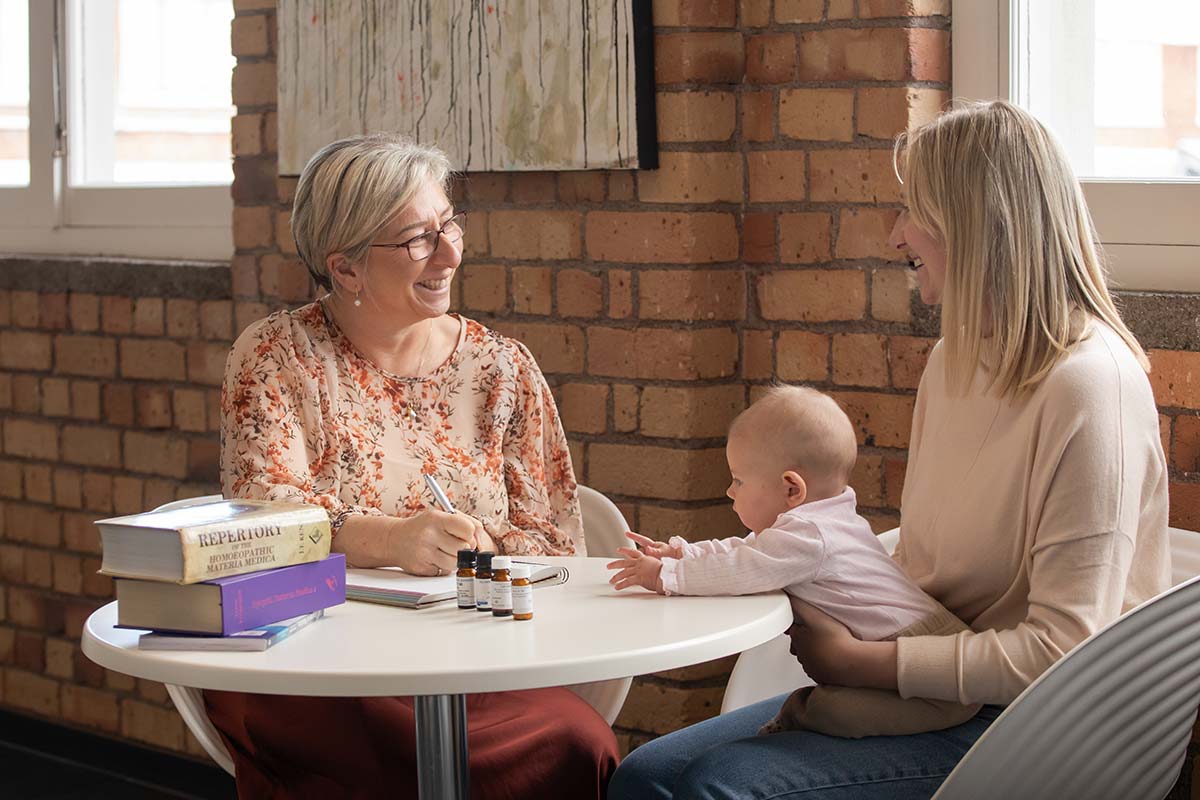Discover how homeopathic consultations work and why timely follow-ups are essential for effective, personalised healing. A compassionate, holistic approach that puts you at the centre of your care.
One of the most common questions I’m asked is, “Does homeopathy work?”
Often, by the time someone reaches out to me, here in Howick, in East Auckland, they’ve tried many other avenues first – sometimes everything else. In homeopathy, we even have a light-hearted acronym for this: TEETH – Tried Everything Else? Try Homeopathy.
At this point, people are often feeling worn down, uncertain, and understandably sceptical. You may be thinking, “Well, I’ll give this a go – and if it doesn’t work, no harm done.” That’s a perfectly human response, especially if previous experiences have left you disheartened. But the truth is, the more intentional and engaged we are in this process together, the more likely we are to see meaningful results.
A Safe Space to Be Heard
Many of my clients have felt unheard or dismissed by other health professionals. If you’ve ever walked out of an appointment wondering if your concerns were taken seriously, please know – you are not alone, and it’s not you.
Your experiences, no matter how big or small, matter. They deserve time, attention, and understanding. That’s the foundation of homeopathic care. We don’t isolate symptoms – we explore your story in full: your physical symptoms, emotional patterns, stress responses, and more.
What Happens in a Homeopathic Consultation?
Your first appointment with me typically lasts between 1 and 1.5 hours. This gives us time to look at your health in a truly holistic way. While I won’t claim to know everything about you after a single session, I often hear clients say it’s the first time they’ve felt really seen and heard in a health setting. They can also start to see patterns for themselves – this is an empowering way to start to take charge of their own health.
After our consultation, I take time to reflect on everything you’ve shared – including your medical and family history, lifestyle factors, and the unique way you experience symptoms. I then select a remedy that closely matches the full picture of you.
Once you’ve taken your remedy, it can be helpful to jot down any changes you notice – even subtle shifts. These can be important clues for our ongoing work together.
Why Follow-Ups Matter
We’ll schedule a follow-up 4 to 6 weeks after your first appointment. This timing allows your remedy to begin working and gives us the opportunity to see what’s changed.
Unlike conventional medicine, homeopathy doesn’t suppress symptoms. It works with your body, gently prompting your natural healing mechanisms. For some people, changes are immediate and noticeable. For others, they’re more gradual — and that’s okay.
As your homeopath, it’s important that I understand how you’re responding to the remedy. In your follow-up, I’ll ask detailed questions and track shifts in your overall wellbeing. This step is crucial – not only does it help confirm we’re on the right path, but it also deepens my understanding of how your body expresses imbalance and begins to restore itself.
If too much time passes between appointments, valuable information may be lost – the nuances of how you felt, what improved, and what didn’t can become harder to remember. This can make it more challenging to refine your treatment effectively.
Healing Takes Time – and Teamwork
For complex or long-standing conditions, it can take a few appointments to really get to the heart of what’s needed. For example, if we’re working on a chronic skin condition, there are hundreds of possible remedies. What helps guide us to the most effective one is not just the condition itself, but how you, as an individual, experience it – physically, emotionally, and mentally.
This is why I encourage clients to stay engaged with regular follow-ups, especially in the first stages of treatment. Healing is a process, and we navigate it together. It’s not about quick fixes – it’s about creating lasting change.

